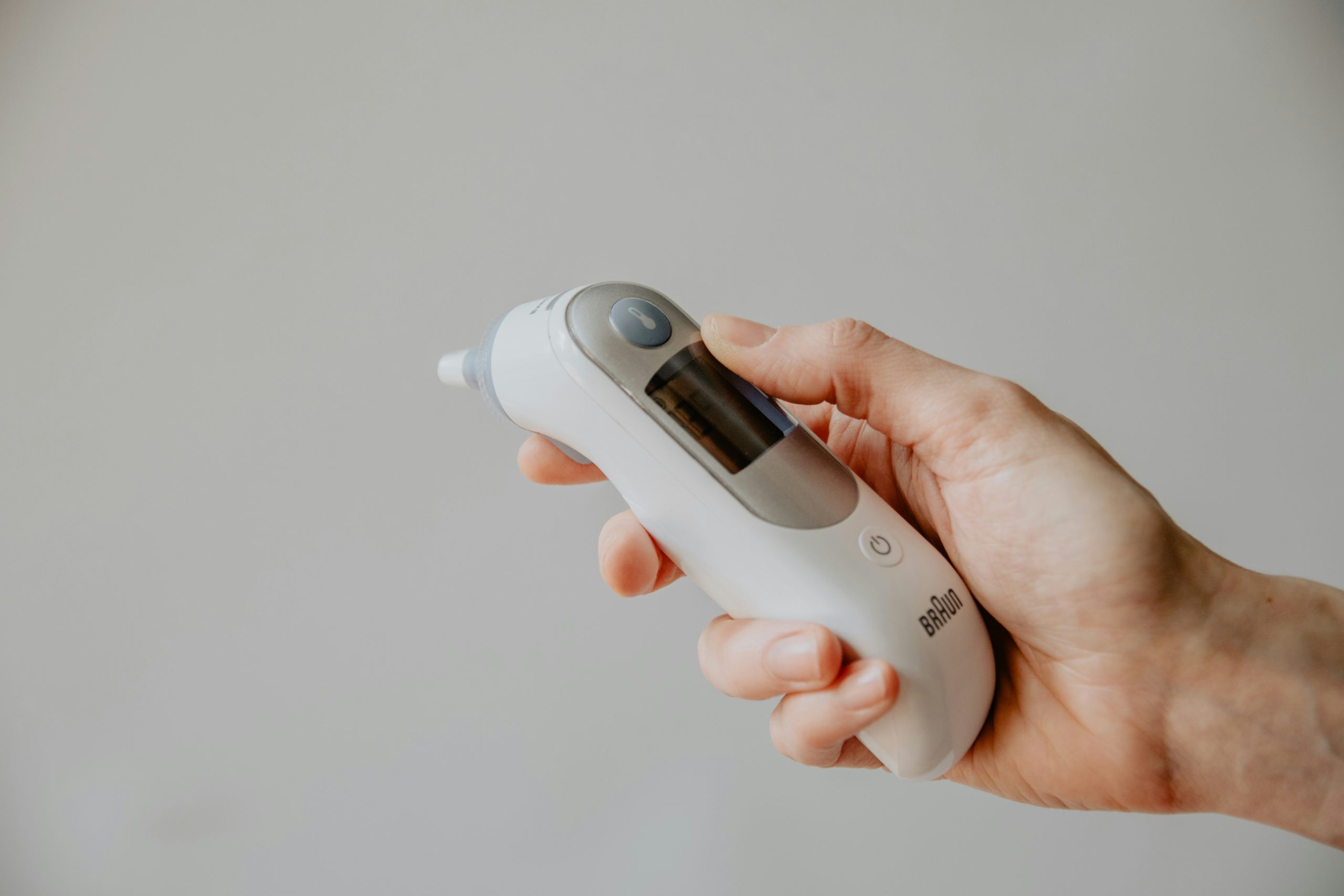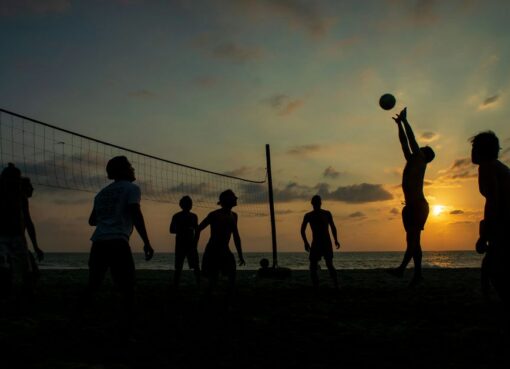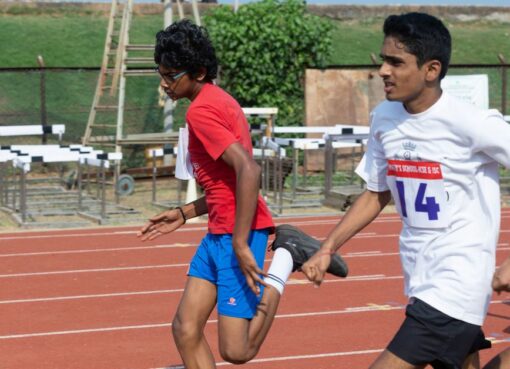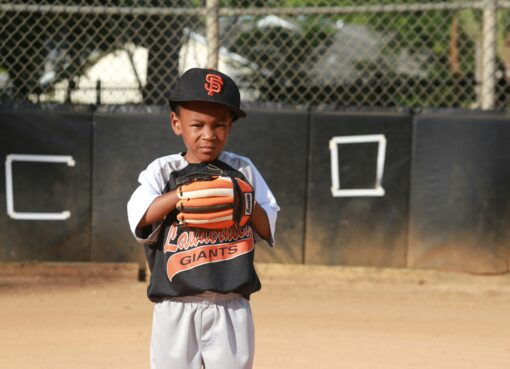Mental Health Resources for Youth Competitors

Mental Health Resources for Youth Competitors
Introduction
Competitive youth sports and activities can be immensely rewarding, but they also come with unique pressures that can affect mental well-being. It’s essential for young competitors, their families, coaches, and support networks to be aware of available mental health resources. These resources provide crucial support in managing stress, anxiety, and maintaining overall well-being.
Recognizing Mental Health Challenges
Competitive environments can sometimes lead to heightened stress and anxiety among youth competitors. Common challenges include:
- Performance anxiety
- Burnout from intense training schedules
- Pressure to succeed academically and athletically
- Managing relationships with peers and coaches
Recognizing these challenges early is crucial for intervention and support.
Available Resources
1. Counseling and Therapy
Professional counseling services offer a safe space for youth competitors to discuss their mental health concerns. Therapists trained in sports psychology can provide strategies to cope with performance anxiety and stress.
2. Sports Psychology Specialists
Specialists in sports psychology focus on the mental aspects of competition, helping young athletes develop resilience, goal-setting skills, and coping mechanisms for setbacks.
3. Online Platforms and Apps
Various apps and online platforms offer mental health resources tailored for youth athletes, including guided meditation, stress management techniques, and performance tracking.
4. Peer Support Groups
Peer support groups allow young competitors to connect with others facing similar challenges. These groups foster a sense of community and provide an outlet for sharing experiences and strategies.
5. Educational Workshops
Workshops on mental health awareness and resilience building are often organized by sports organizations and schools. These workshops educate youth competitors, coaches, and parents on recognizing signs of mental distress and promoting well-being.
Case Studies
Case Study 1: Overcoming Performance Anxiety
Sarah, a competitive gymnast, struggled with severe performance anxiety before competitions. Through therapy sessions with a sports psychologist, she learned relaxation techniques and mental rehearsal exercises. Over time, Sarah regained confidence in her abilities and reduced her anxiety levels.
Case Study 2: Coping with Burnout
Michael, a talented young swimmer, experienced burnout from rigorous training schedules. His coach recommended counseling sessions focused on stress management and maintaining a healthy work-life balance. With support, Michael adjusted his training routine and prioritized self-care, improving both his mental and physical well-being.
Conclusion
Maintaining good mental health is crucial for youth competitors to thrive both in their sport and personal lives. By utilizing available mental health resources such as counseling, sports psychology, and peer support, young athletes can develop resilience, manage stress effectively, and enjoy their competitive journey to the fullest.
Additional Reading and Support
For further information and support, consider exploring resources from reputable organizations like:
- National Alliance on Mental Illness (NAMI)
- American Psychological Association (APA)
- Active Minds



